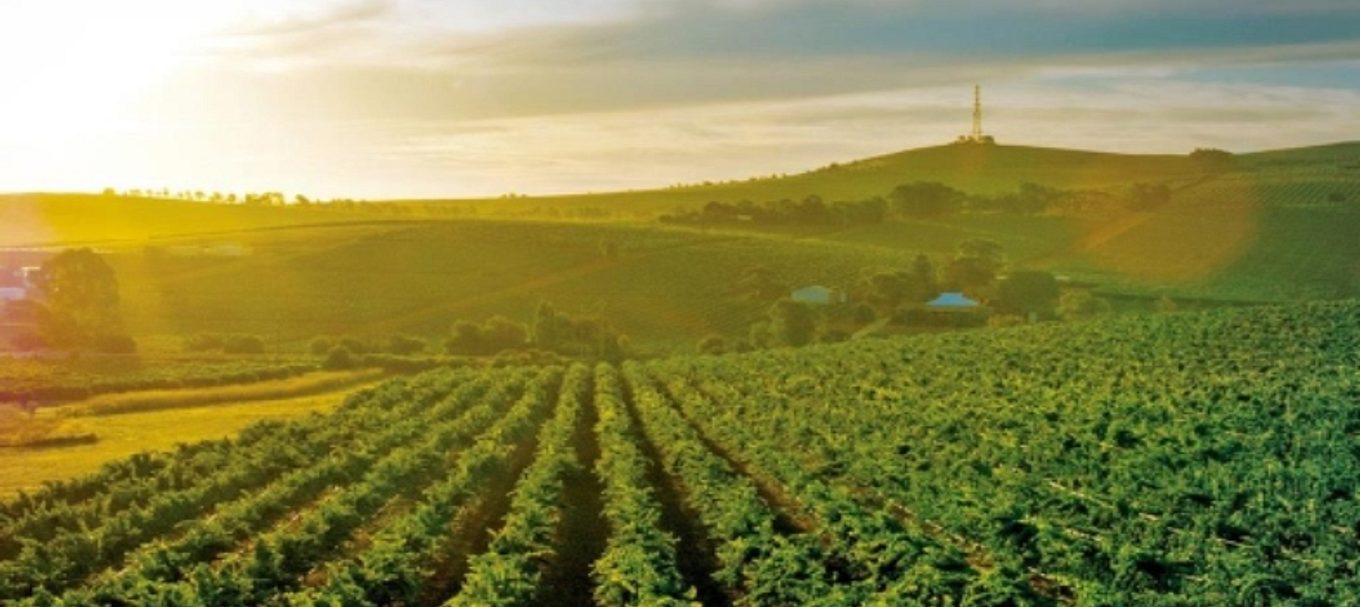
Unpacked: South Australia’s climate emergency declaration
South Australia has joined other jurisdictions around the world in declaring a climate emergency. Wondering what that means? Here’s what you need to know.
We know that climate change is happening now, and it’s happening more quickly than expected.
South Australia is no different. Our state is becoming hotter and drier, with more frequent and intense extreme weather events.
This includes hotter days, less rainfall, more days of extreme fire danger, sea level rises that will increase coastal erosion, and heavy rainfall events that increase the risk of flooding.
The recent Sixth Assessment Report: Impacts, Adaptation and Vulnerability from the Intergovernmental Panel on Climate Change (known as the IPCC) states that the world needs to take significant action now if we’re going to mitigate impacts and adapt.
Climate change is something that affects us all, and in response, the South Australian Government has signalled its intent to declare a climate emergency.
Why declare a climate emergency?
Acknowledging the challenges we face under a changing climate is an important first step.
By declaring a climate emergency, South Australia is signalling its intentions to take action. It’s about reaffirming the state’s commitment to building science-based policies that can prepare South Australia for the realities of extreme weather, climate shifts and increased global warming.
Sixteen of the state’s 67 councils have already declared a climate emergency so the state government is not alone in its efforts.
Across the globe, 2,104 jurisdictions in 39 countries have declared a climate emergency. Populations covered by jurisdictions that have declared a climate emergency amount to more than 1 billion citizens.
So, what sort of work needs to be done?
South Australia’s declaration of a climate emergency continues our leadership in responding to climate change.
The government is delivering a broad range of actions to address climate change, protect the environment and support jobs and growth. And it starts here:
- South Australia has plans to create clean and sustainable energy with a hydrogen plant.
- The electric vehicle tax will be repealed to help encourage South Australians to invest in electric vehicles and ease their reliance on fossil fuels.
- South Australians are also encouraged to use public transport, helping take excess cars off our roads and reducing greenhouse gas emissions.
Find out more about how South Australia plans to respond to climate change.





